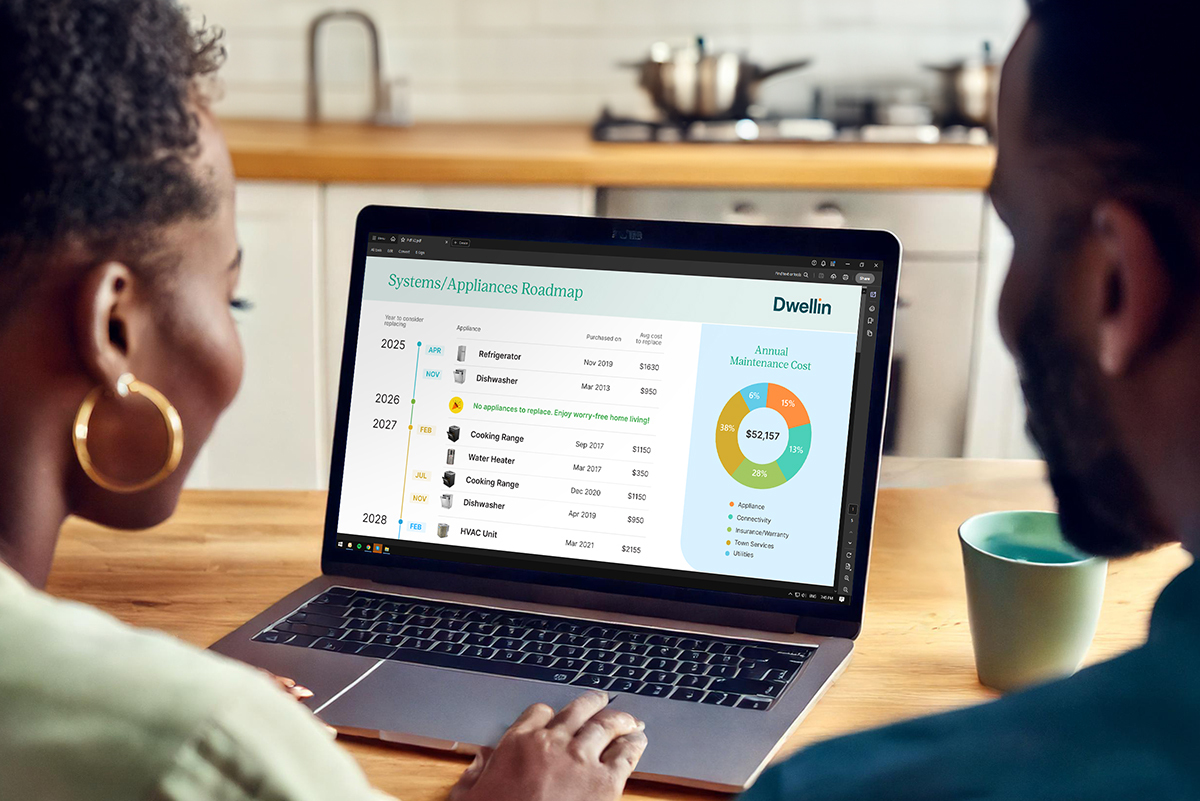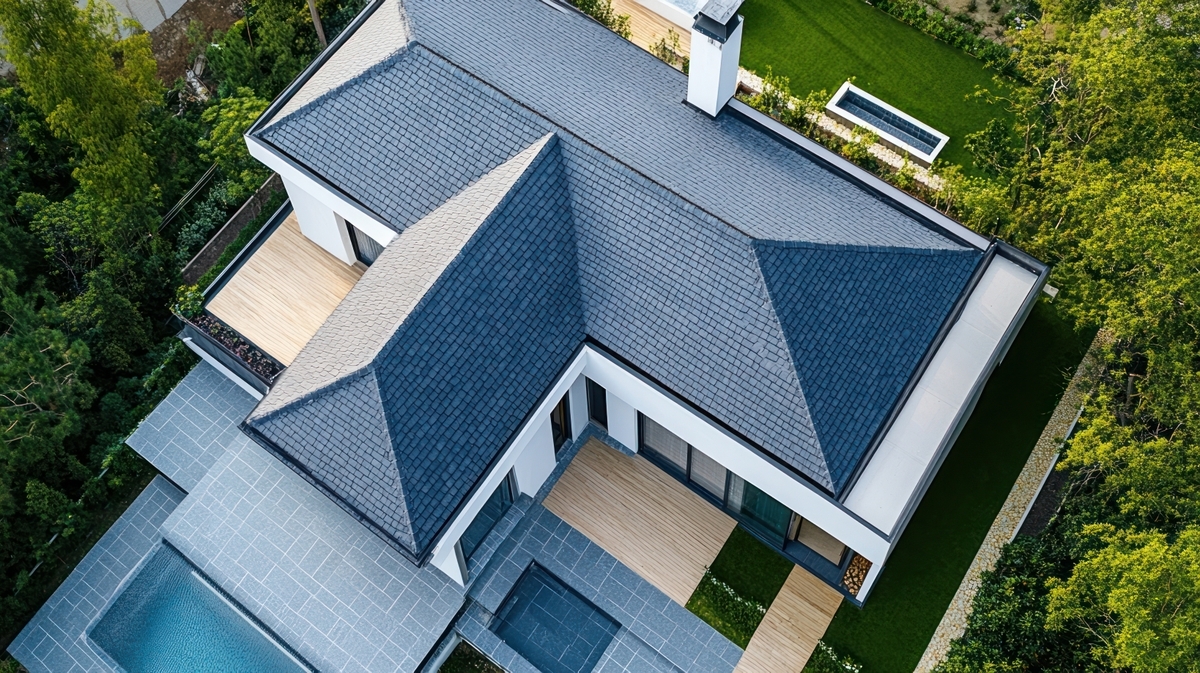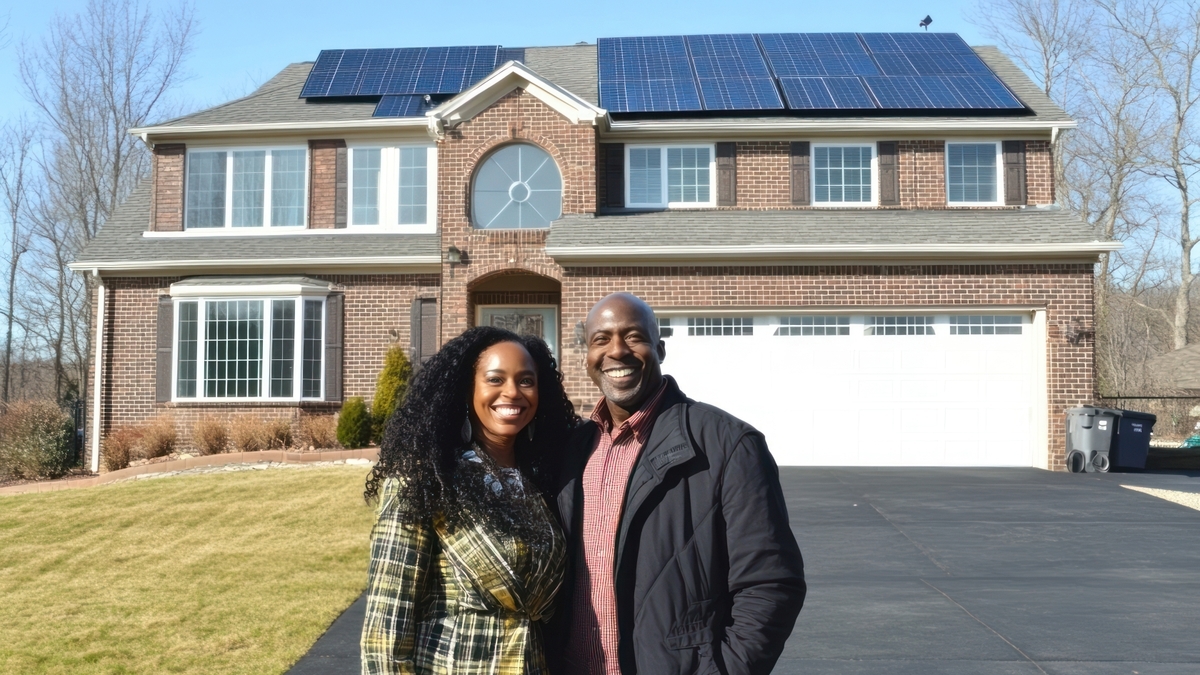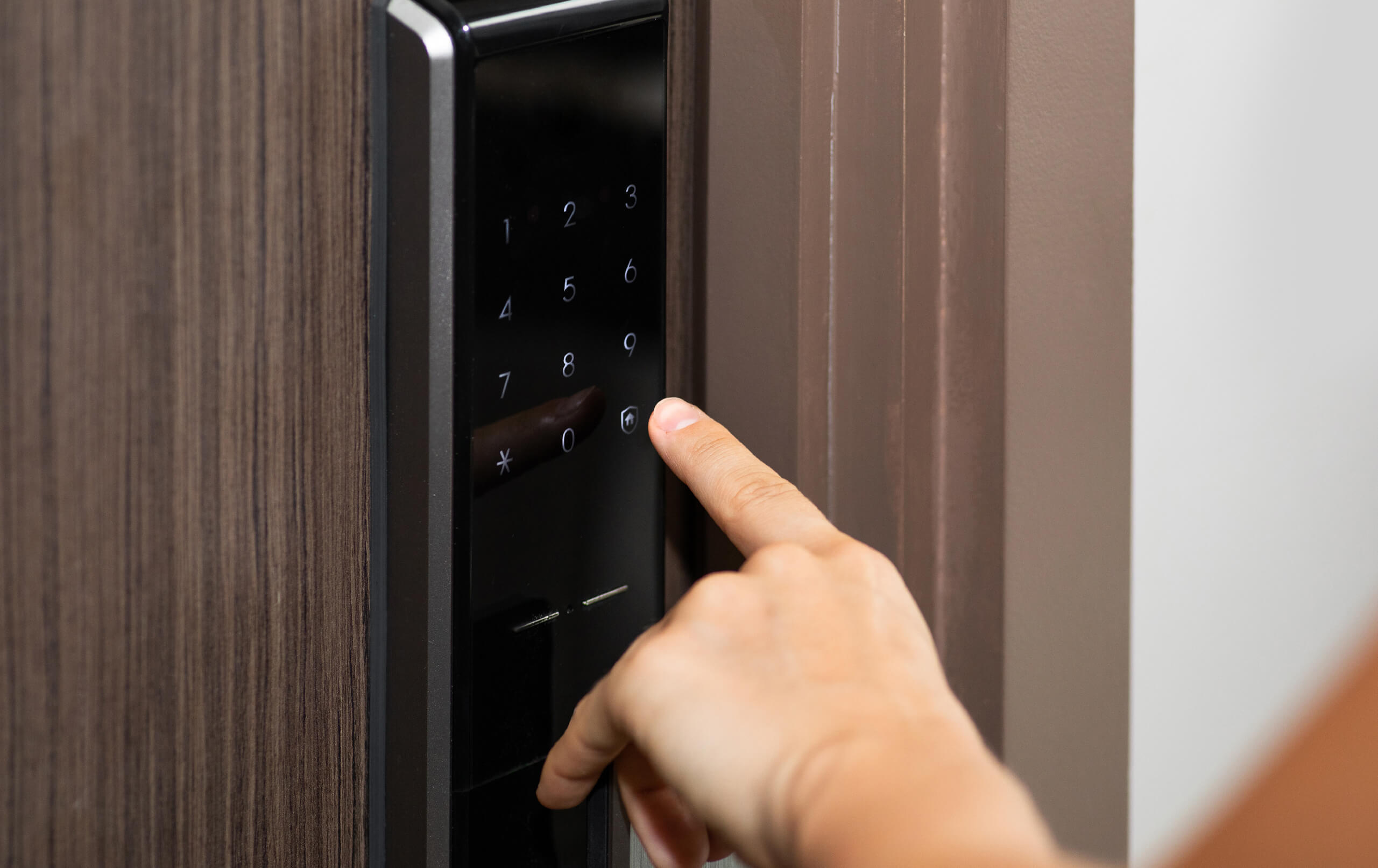Budgeting Tips for Homeowners
3 minute read
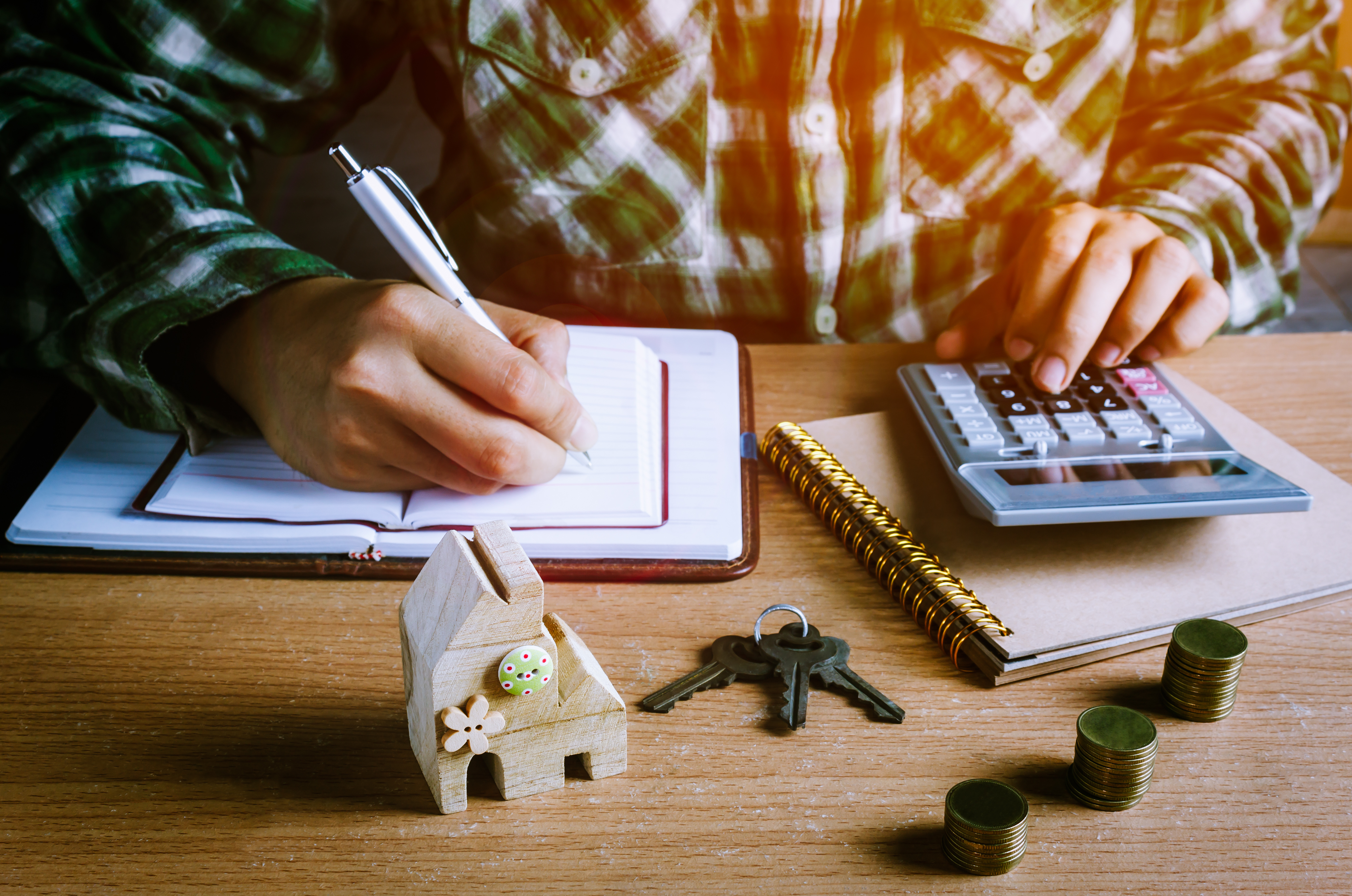
As we usher in the new year, it's the perfect time to plan, organize, and set a smart budget for the year ahead. Keeping your home in top shape while managing expenses can be challenging, but with the right approach, it's entirely achievable. Let's dive into some practical tips to help you stay on track financially while making your home the best it can be.
1. Understand Your Expenses
- Track and Review: Begin by tracking your current expenses. Look at your utility bills, maintenance costs, mortgage payments, and any other recurring expenses related to your home.
- Anticipate Future Costs: Factor in potential costs like home improvement projects or repairs. It's wise to prepare for the unexpected.
2. Prioritize Your Projects
- Essential vs. Optional: Separate must-do maintenance from wish-list renovations. Prioritize tasks that are crucial for your home’s integrity and safety.
- Research and Estimate: Get quotes or do research to estimate the cost of these projects. This will help you allocate funds more accurately.
3. Create a Savings Plan
- Emergency Fund: Aim to have a fund set aside for unexpected home repairs. A good rule of thumb is to save 1-3% of your home’s value annually for maintenance and repairs.
- Set Savings Goals: Determine how much you need to save each month to reach your goals, whether it’s for a renovation, new appliance, or just a safety net.
4. Find Ways to Reduce Costs
- Energy Efficiency: Investing in energy-efficient appliances and improvements can reduce utility bills.
- DIY When Possible: Consider handling some maintenance or improvement tasks yourself to save on labor costs.
5. Review and Adjust Your Insurance
- Shop Around: Annually reviewing your home insurance policy can ensure you’re getting the best deal and adequate coverage.
- Consider Updates: If you’ve made significant improvements to your home, your insurance coverage might need an update.
6. Plan for Taxes and Assessments
- Property Taxes: Be aware of your property tax schedule and include it in your budget.
- Assessments: If you're in a homeowners association, keep track of any assessments or dues.
7. Utilize Tools and Resources
- Budgeting Apps: There are numerous apps and tools, including Dwellin, that can help you track expenses and manage your budget efficiently.
- Expert Advice: Don't hesitate to consult with a financial advisor for personalized advice.
8. Stay Flexible and Review Regularly
- Adjust as Needed: Your budget isn’t set in stone. Be prepared to adjust it as your circumstances or home needs change.
- Regular Check-ins: Review your budget monthly to ensure you’re on track and make adjustments as necessary.
PRO-TIP
Set up automatic transfers to a dedicated home maintenance savings account. This simple step ensures consistent savings for home upkeep and unexpected repairs, keeping your budget on track effortlessly.
Conclusion:
Remember, effective budgeting is about balance. It’s important to maintain your home and its value while ensuring you’re not stretching your finances too thin. With thoughtful planning and a bit of discipline, you can make this year your most organized and financially sound yet as a homeowner.
Happy budgeting and here's to a prosperous and well-managed New Year in your home!




